The 10th BJIFF
Motion Picture Association Film Workshop Held As Planned. Talent Training and Creative Creation Become Key to Industrialized Films
The Motion Picture Association Film Workshop organized by the BJIFF, Motion Picture Association (MPA), and co-organized by the Fanink, was held at the Beijing Yanqi Lake International Convention & Exhibition Center on August 24.
This edition featuring the theme of "Film Talent Cultivation System under Industrialization in China" invited senior Chinese and international filmmakers to have exchanges with young Chinese filmmakers on the site or via video.
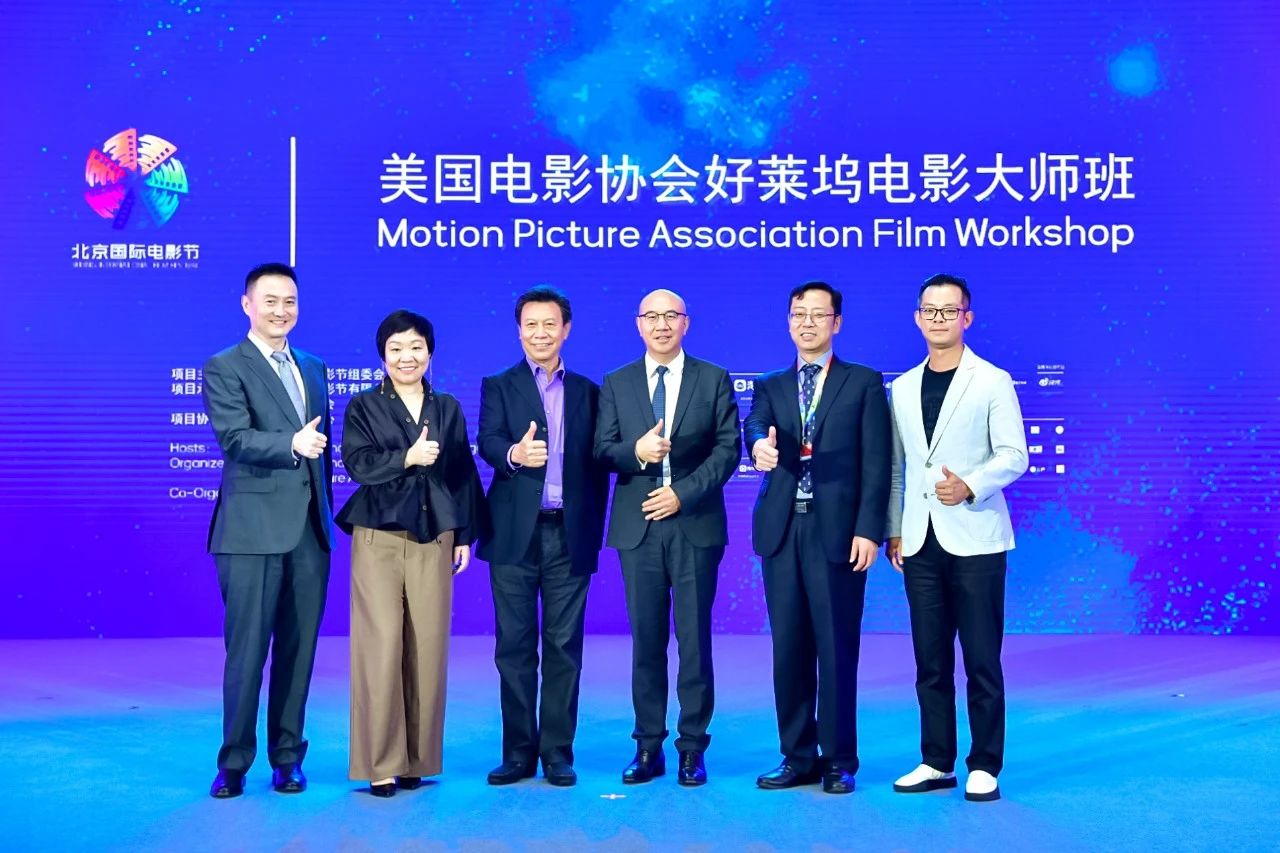
The COVID-19 pandemic caused the shutdown of movie theaters in China for half an year. As movie theaters are reopening gradually in an organized manner, filmmakers in China are seeing the steady rebound of the market based on the passionate return of fan films to movie theaters. In recent years, China has made rapid progress with respect to building up its film industrialization system and related practice. Talents are the key to film industrialization. The industrialization of Chinese films needs talent familiar with the film industry, as well as professionals that meet qualifications and requirements of key positions.
Charles H. Rivkin, Chairman and CEO of the MPA, and Belinda Lui, President and Managing Director of the Motion Picture Association, Asia Pacific, addressed the workshop.
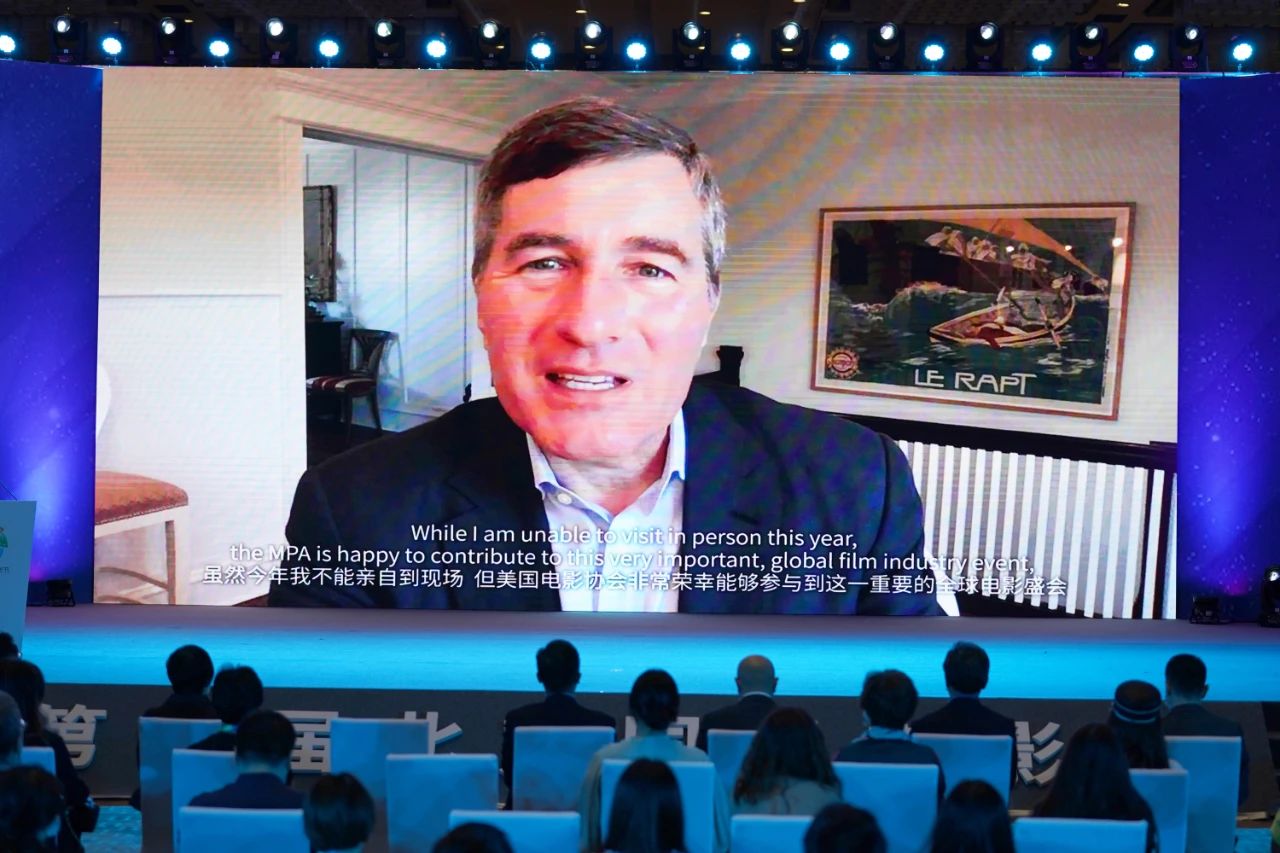
In addition, the event also had Joe Russo, one of the Russo brothers who directed The Avengers series, to have a video chat with the audience. As Joe Russo said, MPA members have launched many film production and management workshops over the past several years, and strengthened exchanges and cooperation between Hollywood and Chinese filmmakers. He added, "Movie creation requires collective wisdom and efforts. Instead of imposing one's opinions on others, creators should focus on interaction and cultural exchanges. Let's keep exploring all kinds of models to strengthen our partnership and exchanges."
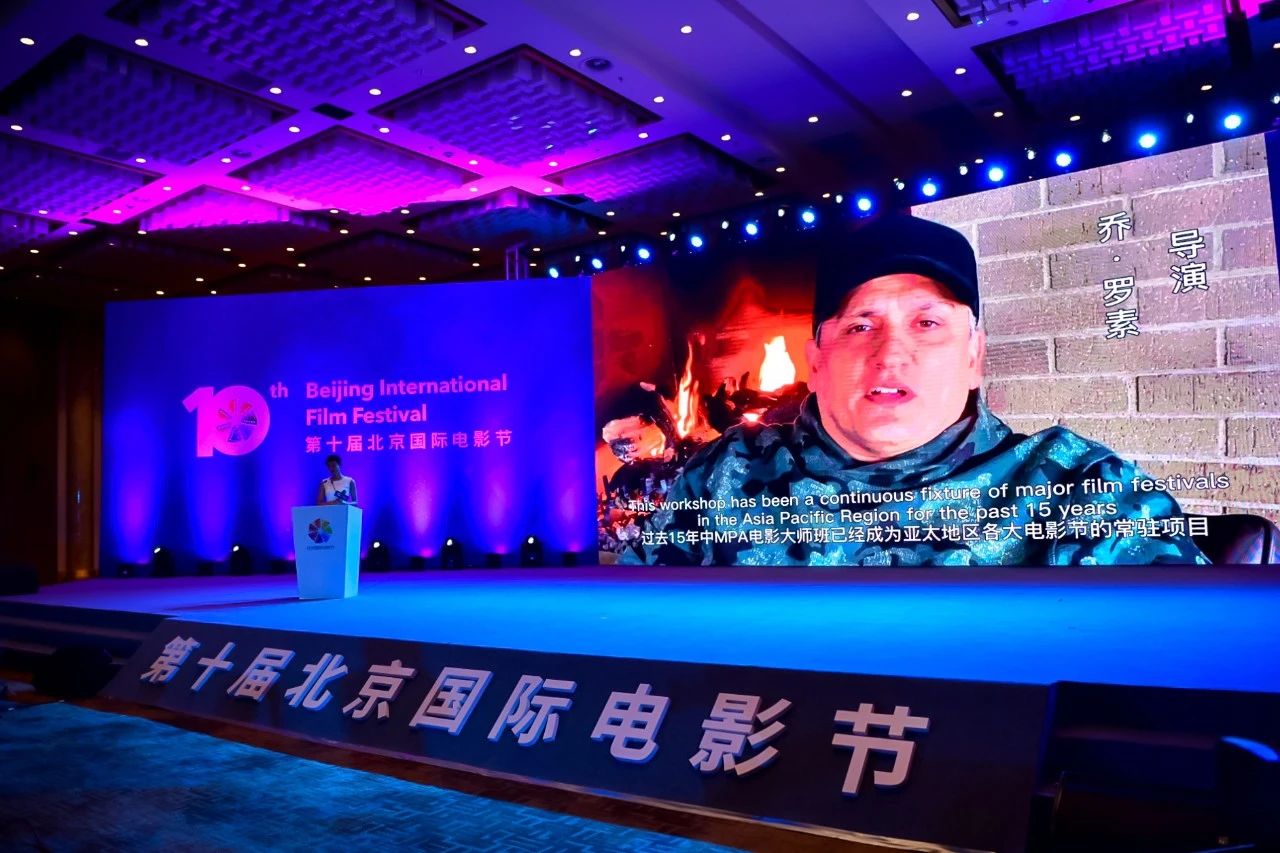
-Film industrialization is much more than upgrading of certain part-
William Feng, Head of Greater China & Vice President of Asia Pacific, MPA, and Liu Chun, General Manager of China Film Co-production Corporation, delivered keynote speeches.
According to William Feng, instead of upgrading or improving just a certain section or part, film industrialization needs the film industry chain. Difficulties of the process include the upgrading of technological equipment, the improvement of cinematography and special effects production, and an operation and management system featuring clear-cut labor division and essential mutual reliance. In order to accelerate industrialization, we should keep learning good practice of developed countries and mature markets. The MPA and its member companies have made some efforts in this regard. For example, under the guidance of China's competent film administration, the MPA and its member companies hosted Sino-foreign co-production forums, screening events, and filmmaker exchange programs through which excellent Chinese filmmakers were invited to study and have exchanges in the USA every year. All these efforts have laid a solid foundation for China's film industrialization and related talent training.
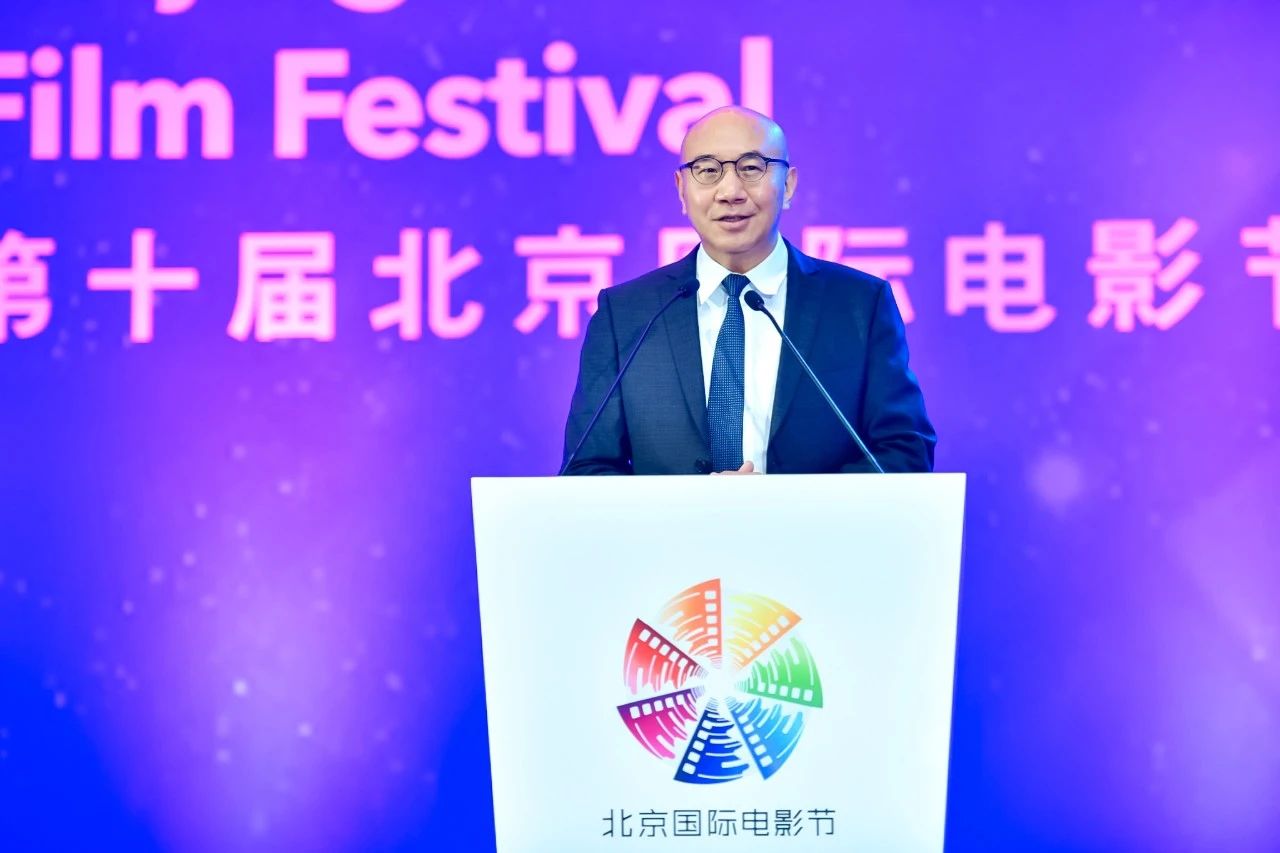
As Liu Chun explained, Sino-foreign film co-production features growing in-depth cooperation between Chinese and foreign filmmakers in bigger scope. The format of co-production has transformed from filming in China with addition of Chinese crews at the early stage to close partnerships where both parties are highly integrated in terms of early development, marketing and distribution as well as development of sequels. Meanwhile, the China Film Co-production Corporation is talking with the offices of five major film production companies in Hollywood and MPA members regarding their ideas about co-production. The market for Sino-foreign film co-production will be broader in future. And the China Film Co-production Corporation will offer as much support as it can to production and shooting of co-produced works.
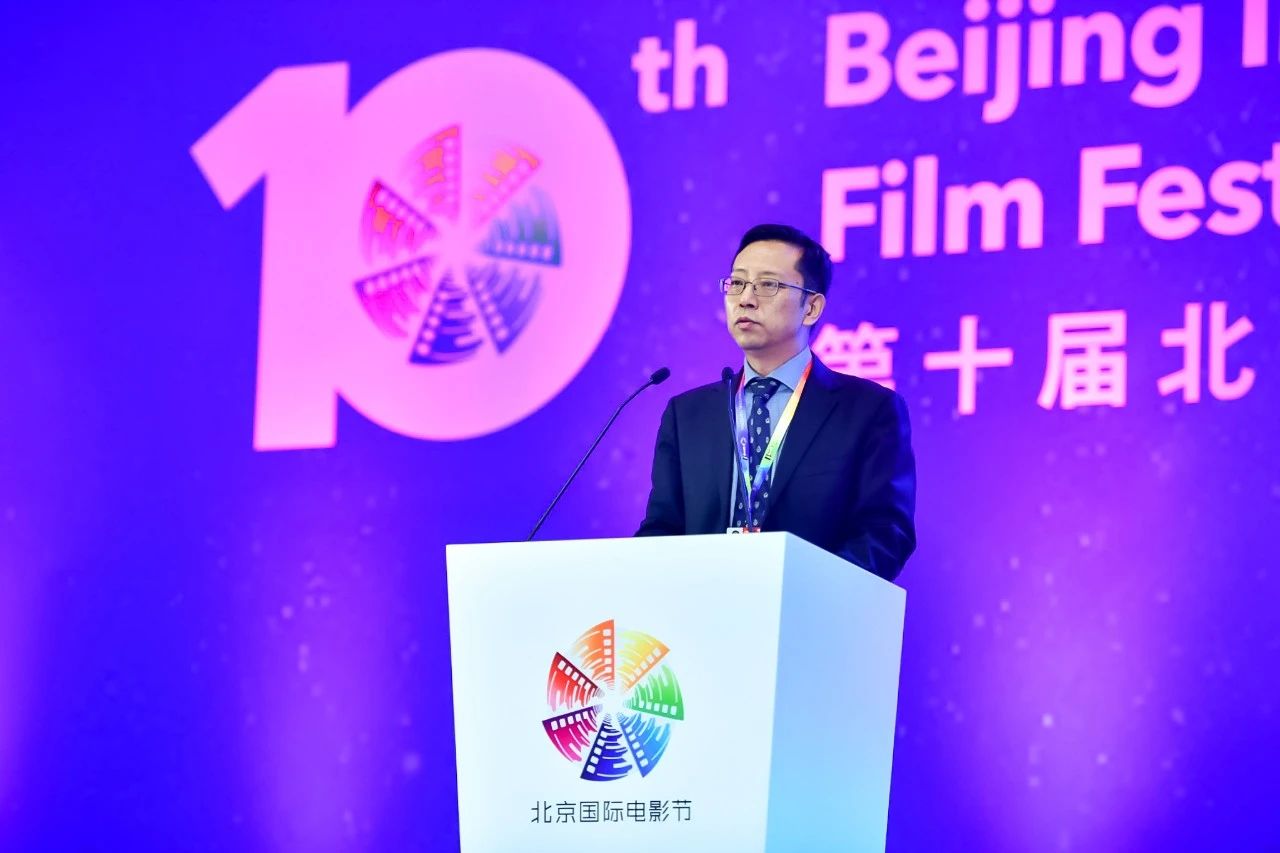
-Chinese Substance with Western Learning for Application. China's Film Industry is Gaining International Presence -
The workshop was hosted by Li Zhan, founding partner of the Fanink while guests including Gillian Zhao, President of Warner Bros. China; Ye Ning, Founder and Chairman of Qingsong Pictures; Ellen Eliasoph, Producer of the Journey to the West: Conquering the Demons and Shadow; Andre Morgan, Producer of Million Dollar Baby and The Warlords shared their ideas about the film talent cultivation system under industrialization in China.
Li Zhan first presented a systemic profile of film industrialization. As a special category of products, movies feature shot lifecycle, huge uncertainties and high market risks. There are four kinds of risks every story has to face from creative ideas to screening, namely intellectual property risks, compliance risks, production risks and market risks. With standards in place, risks of such content production can be measured and controlled.
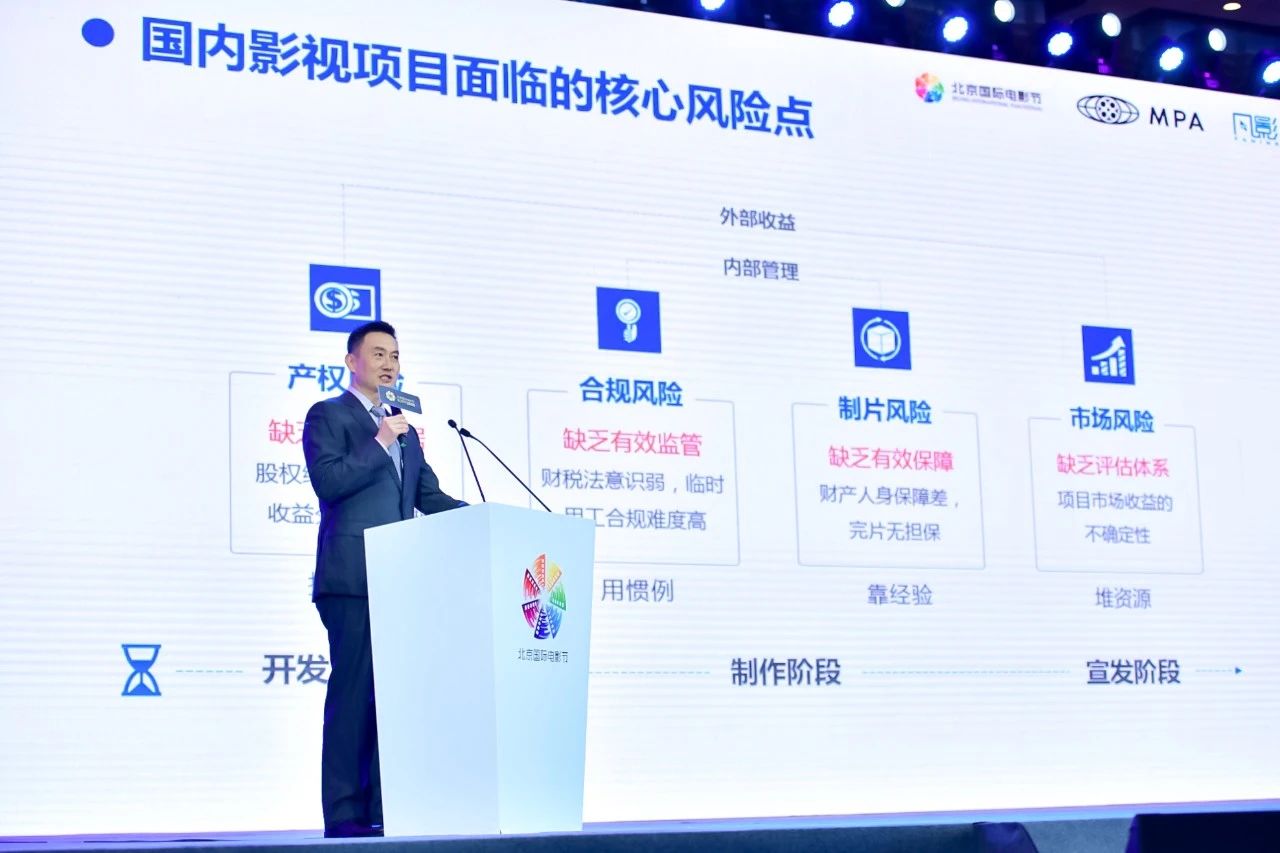
Gillian Zhao spoke highly of the current big hit in China's cinema circuits—The Eight Hundred, and she thought the movie was a milestone work and played an important role in China's film industrialization as the industry is learning, growing and readjusting at the exploration stage of industrialization. She also emphasized that it has been a century since Hollywood started industrialization, and it is now in the refining stage after continued learning and adjustment.
China's film industry may draw on and localize Hollywood's lessons to establish process, system and standards for industrialization with Chinese characteristics.

As Ye Ning indicated, in last one or two years, the international film market has been transformed fundamentally. It is a rare opportunity for China's film industry as the country is restructuring the industry and going through industrialization. Once the opportunity is seized, China will become a film power from a big film country, aligning its film industry with its cultural power and national strength. According to him, in terms of film industrialization, on one hand, it is essential to systematically train talents who have a good command of art and market rules, and on the other hand, it is also important to define proper subject and creation of a good story in the development stage. If these two cornerstones are well laid, the quality of Chinese films will be enhanced significantly, so will the number of works.

Ellen Eliasoph told the audience that she has been growing with Chinese films. In her career, there are two types of successful co-productions: projects are initiated by Chinese filmmakers, directors and screenwriters, such as the Crazy Stone, where foreign co-production teams offered technological resources and rendered better Chinese story. The first type may also be called "Chinese Substance with Western Learning for Application"; China remakes foreign works, in which aspect China's film industry is in urgent need of making progress while foreign film industries may provide corresponding resources.
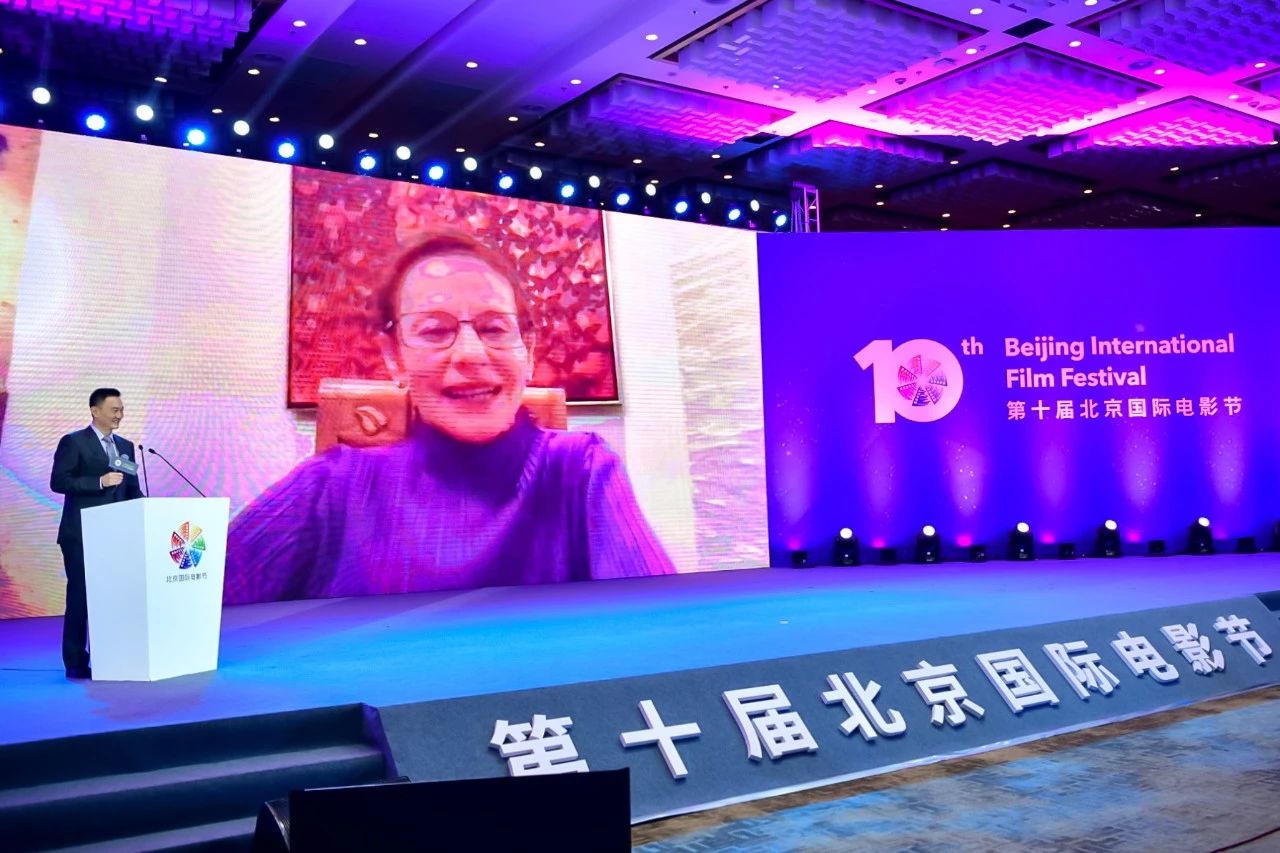
Andre Morgan recalled his working experience in China in the past 20 to 25 years. He thought China's film industry has made significant progress, and Chinese filmmaking professionals have met international standards. In another five to ten years, China will become a world-class film production hub. However, China needs to work on the funding system for low & medium-budget works, and establish smooth funding channels to encourage young filmmakers to shoot and produce low & medium-budget movies, which is of great importance to the training of next-generation filmmakers and the genre diversity of the film market.
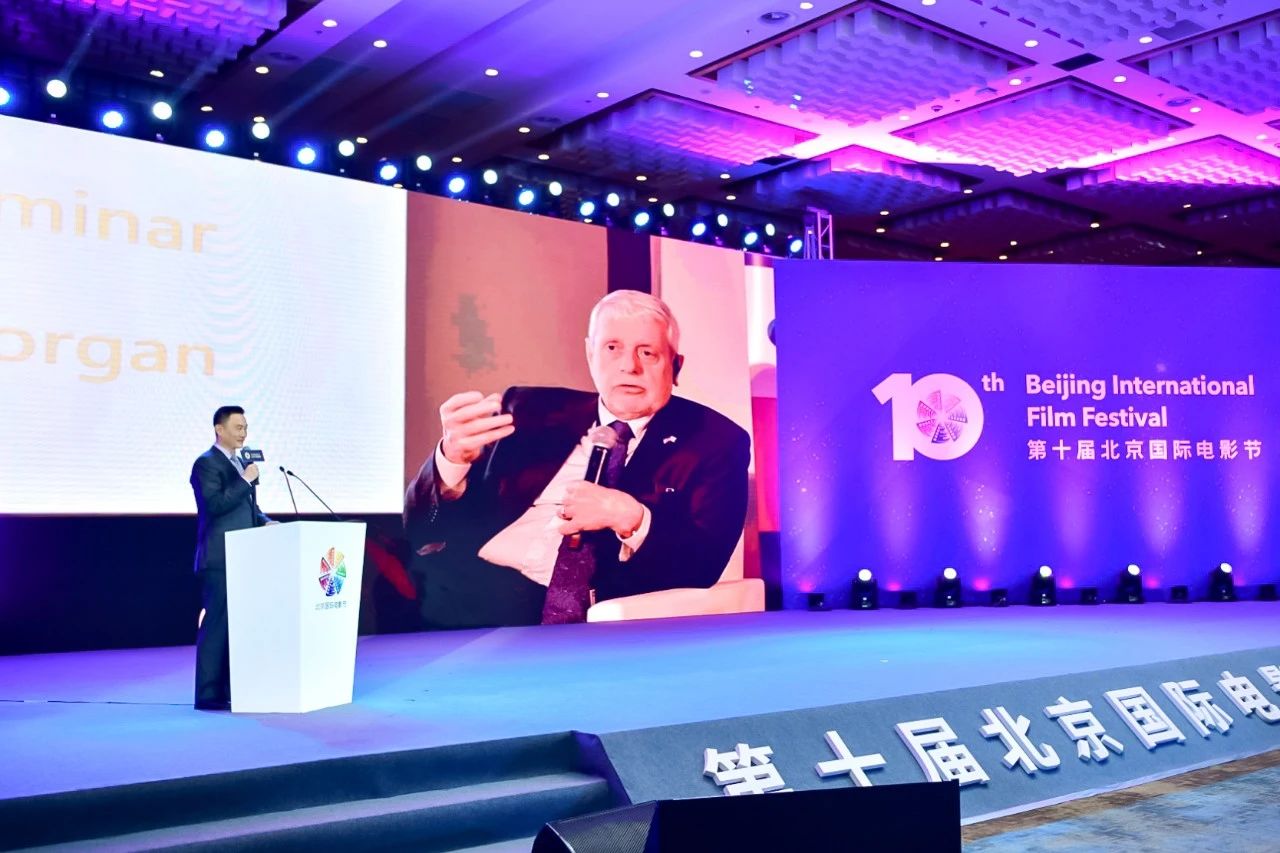
- Annual Launch of MPA Asian Pacific Screen Awards -
After the workshop, William Feng, Head of Greater China & Vice President of Asia Pacific, MPA, introduced this year's Asian Pacific Screen Awards.
The Asian Pacific Screen Awards (APSA), founded in 2007, is aimed to rejuvenate the film industry in Asia and Oceania. Chinese filmmakers such as Zhang Yimou, Zhang Ziyi, Zhao Tao and Wang Baoqiang were all winners of the APSA. In 2009, the MPA and APSA reached a partnership, and established the MPA APSA Academy Film Fund to support films at the script development stage by APSA Academy members and their colleagues across the region. Four 25,000-dollar grants are awarded to support new film projects every year. As of 2020, a total of 1.1 million dollars have been funded to 44 projects.
Projects from 22 countries and regions have been supported by the fund to date, 13 of which were already produced and released. Rising and senior directors received support from the fund. For example, The Wild Pear Tree, nominee of the Competition Section of the 71st Cannes International Film Festival, No Burqas Behind Bars, winner of the International Emmy Award for Outstanding Documentary, and A Separation, winner of the Oscar for Best Foreign Language Film, were funded.
The APSA has also partnered with the UNESCO and FIAPF to award and promote outstanding film accomplishments and cultural diversity in the Asia Pacific region with the world's fastest-growing film industry. The region includes 70 countries and areas with a total population of 4.5 billion, and produces 50 percent of films in the world. The partnership between MAP and APSA encourages filmmakers to exchange their ideas and experience and seek new possibilities of film creation, and empowers filmmakers to create and tell their stories.
